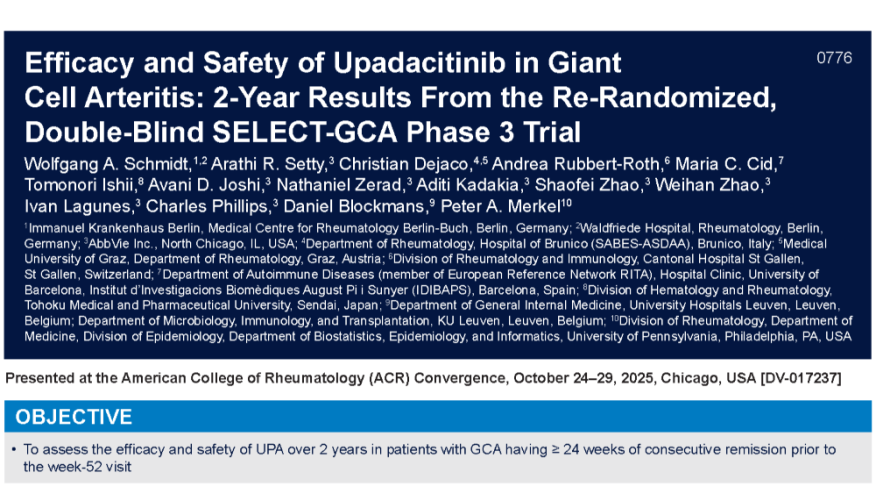EULAR and ACR COVID19 Guidelines: Similarities Provide Reassurance Save

In difficult times, it's reassuring to reflect on the similarities that bring us together. In the case of the EULAR and ACR COVID19 guidelines as discussed at #EULAR2020 by Drs. Mikuls and Landewe, the recommendations from both panels proved to be reassuring with a hint of "we are flying blindly into the unknown."
The EULAR task force of 15 meets by teams/zoom and represent multiple countries. The provisional EULAR guidelines continue to evolve but the highlights are listed below.
- There is no increased risk for our patients to get COVID19 nor do they appear to have a worse outcomes if they do become ill.
- Rheumatologists should be involved in the decision making during illness but should confer with other experts for acute infectious care
- When talking about COVID19, there may be DMARD/bDMARD shortages of which we need to be aware and are ever changing.
The EULAR provisional guidelines are broken down into themes regarding prevention of COVID19, chronic disease state management during the pandemic and management of those who become ill with COVID19 and lastly, addressing other pulmonary illnesses in our patients that could resemble COVID19 infection.
The task force recommends avoiding the hospital and to take precautions for both your office and patients if face-to-face visits are continued. They do make a point to state that monitoring remotely is a safe way to deliver care.
There is only one recommendation regarding medications. If patients have been exposed or have positive testing, continue lowest possible steroid dose. In terms of other medications (DMARDs, NSAIDs, bDMARDs, etc), the task force recommends working with patients on an individual basis given that local environmental situations will vary between countries. The last recommendation is a reminder to recall COVID19 mimics, including worsening autoimmune states, and to continue all necessary vaccinations for the patients.
The ACR guidelines were published on April 11, 2020. You can review them here: https://www.
The ACR task force consisted of 14 physicians, 13 from the US and 4 of those specializing in infectious disease. As these guidelines have already been published and are well known throughout the US community, I will highlight only a few small differences between the EULAR provisional recommendations and the ACR guidelines at this time.
The ACR views these recommendations as a living document, so expect changes every so often as more research and information comes forth. The ACR guidelines do not highlight recommendations for testing or vaccination, but do offer more guidance for medications including continuation/discontinuation situations for ACEi/ARBs, NSAIDs, glucocorticoids, DMARDs, denosumab, and bDMARDs.
The focus of both the EULAR provisional and ACR guidelines remains the continuation of appropriate therapy in the absence of infection or known exposure to SARS - CoV- 2.
Although it is reassuring that we concur on many levels, expect more changes and information to enhance these similar sets of guidelines as the pandemic rages on.












If you are a health practitioner, you may Login/Register to comment.
Due to the nature of these comment forums, only health practitioners are allowed to comment at this time.